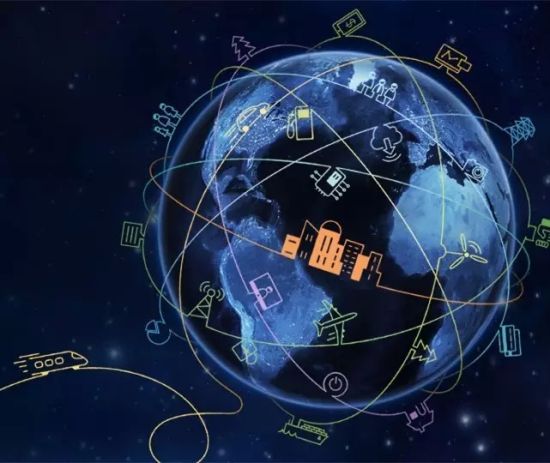The Centre in a glance
Energy efficiency is an increasingly important component of efforts to supply affordable, reliable, and green electric power, and demand response technologies have emerged as an essential tool for both energy utilities and end-users. Green energy sources, storage technologies and demand responses (DR) are interweaving and becoming the major pivot technologies for a sustainable, secure, and affordable energy future in our two countries and beyond. Most green energy sources have low energy intensity and intermittent outputs, which constitute serious threats to the power grid operation. Energy consumption elasticity and the fast-emerging distributed generation technologies have the potential to play a critical role in balancing intermittent renewable power outputs. Furthermore, the cost and the energy intensity of the energy storage devices cannot yet meet the commercialization needs of bulk power grids, their applications at the consumer sides are becoming technologically and economically feasible, which naturally becomes one part of DR. The DR can be shaped according to the fluctuating renewable energy outputs and the technical characteristics of the storage. It can also provide effective energy efficiency measures to customers, thus reducing the peak supply burden on the generation side and spilled energy at low load periods, at the same time saving on energy bills for customers.
The main aim of this centre is to develop holistic frameworks and appropriate tools to optimally reschedule the demand resources to improve green energy utilization efficiency at the consumer side, maximizing the hosting capacity of renewable energies, reducing grid investment and operational costs, and better accommodating emerging technologies for the future grid, such as roof PV panels, electric vehicles, and energy storage devices. Therefore, the main objectives of the proposed joint research centre are:
- At the user level, our approach will offer consumers an option to take an integrated approach to managing their energy usage, and to greatly increase their participation in DR programs. This would also increase DR market penetration and capture energy saving and customer bill-reduction opportunities.
- At provider level, our approach could bring about cost efficiencies and more rational allocation of resources for both energy service providers and customers.
- At energy system level, our approach could enhance the flexibility of the electrical energy system in both countries, which in turn increases renewable energy penetration and grid reliability. The implementation of the proposed DR framework will reduce the amount of electricity generated through brown energy required to supply the peak loads, therefore substantially reducing brown energy generated carbon emissions.
